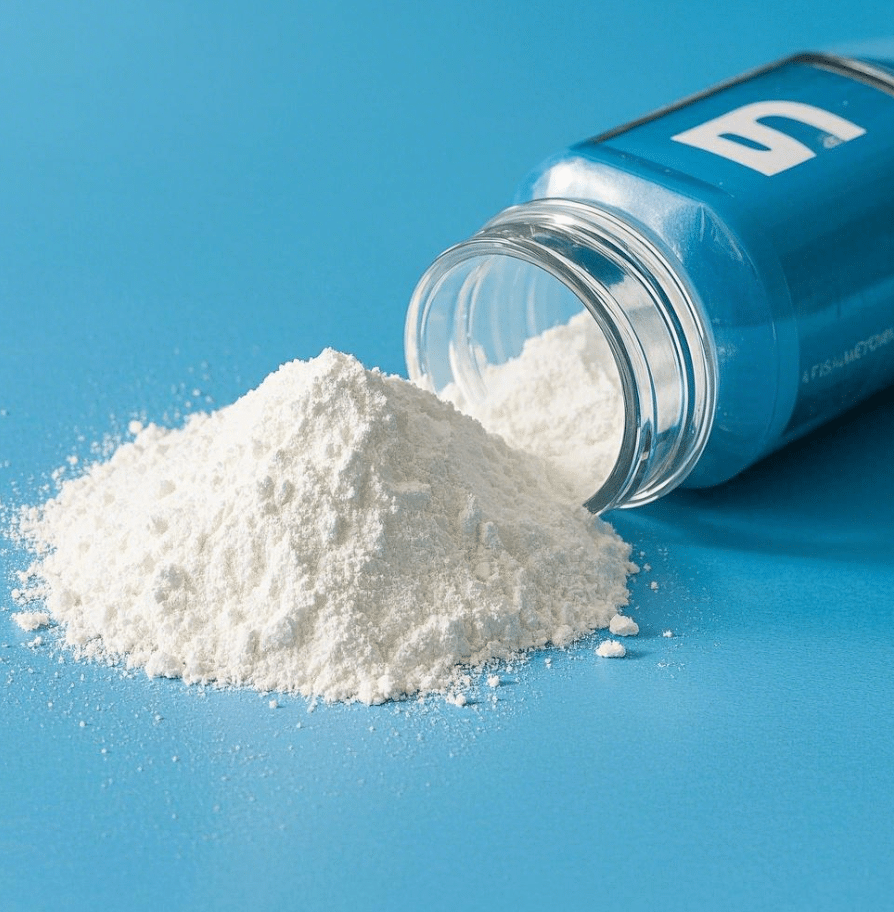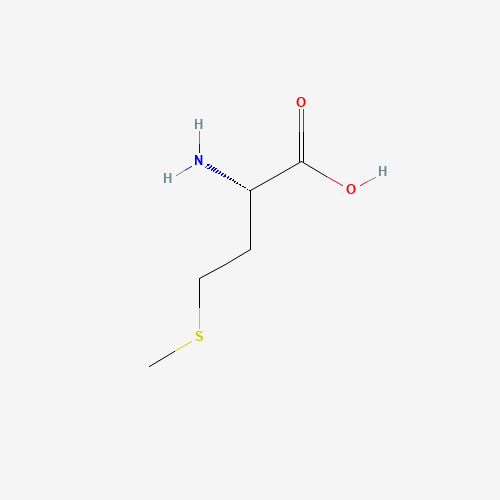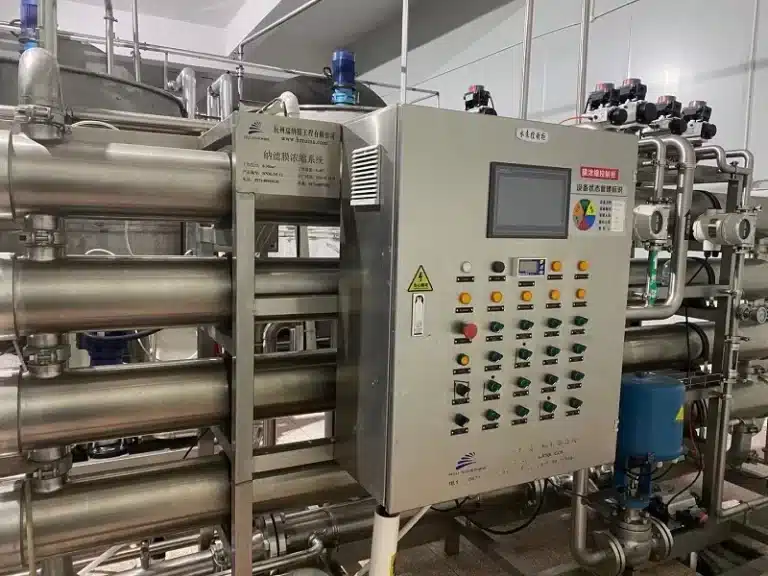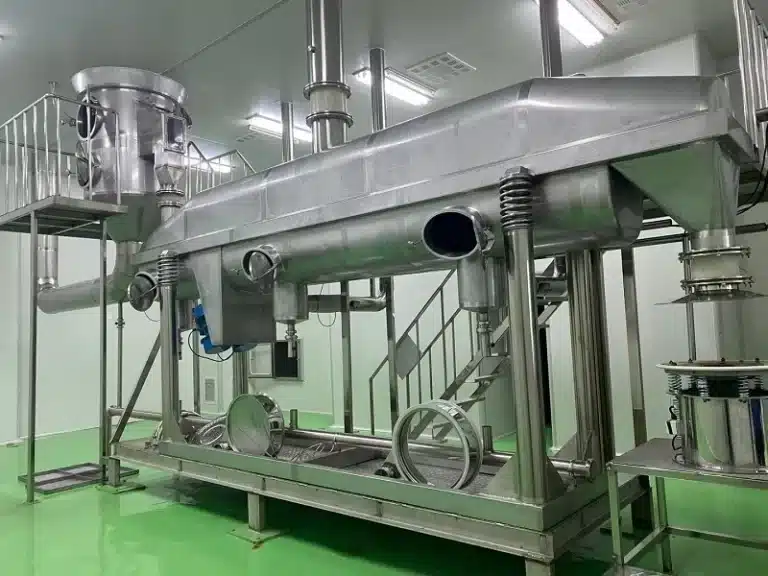
L Methionine powder
Gensei is a leading supplier of high-quality L Methionine powder, an essential amino acid vital for various biological functions. Our L Methionine powder is a crucial ingredient in human dietary supplements and animal feed, including formulations designed as l methionine for cats and l methionine for dogs. While some individuals explore l methionine for sleep due to its role in melatonin production, it’s primarily recognized for its contribution to protein synthesis and overall health. Gensei ensures that our L Methionine powder meets stringent purity standards, making it the ideal choice for manufacturers seeking the best l-methionine supplement ingredients. We offer competitive pricing and reliable supply for all your bulk needs.
Please note: We are a wholesale supplier and have minimum order quantities.
Have questions about this product? Our team is here to help. For inquiries about multiple ingredients, please use the Contact Us option and include the list of ingredients in your message.
L Methionine CAS No.: 63-68-3
Chemical Name: (S)-2-Amino-4-(methylthio)butanoic acid
Synonyms:
- L-Methionine
- Methionine
- (S)-Methionine
- Met
- (S)-2-Amino-4-(methylmercapto)butyric acid
CB Number: CB4303731
Molecular Formula: C₅H₁₁NO₂S
Molecular Weight: 149.21 g/mol

L Methionine Manufacturing Process Flowchart
L Methionine can be produced through chemical synthesis or fermentation. This flowchart outlines a general process.
(e.g., Chemical Precursors like Acrolein, Methyl Mercaptan, Hydrogen Cyanide
or Fermentation Substrates and Microorganisms)
(Chemical Synthesis Reaction
or Microbial Fermentation to Produce L Methionine)
(Removal of Byproducts, Impurities,
and Biomass through Techniques like
Filtration, Centrifugation, Chromatography)
(Evaporation to Increase L Methionine Concentration)
(Formation of L Methionine Crystals through Controlled
Cooling and/or Solvent Addition)
(Isolation of L Methionine Crystals by Filtration or Centrifugation)
(To Remove Residual Impurities from the Crystals)
(Removal of Residual Moisture using Techniques
like Air Drying or Vacuum Drying)
(To Achieve Desired Particle Size and Uniformity)
(Testing for Purity, Assay, Heavy Metals,
Microbiological Contamination etc.)
(Into Bags, Drums, or Other Suitable Containers)
This flowchart provides a general overview of the L Methionine manufacturing process. Specific steps and methods may vary depending on the manufacturer and the chosen production route.
Our State-of-the-Art Manufacturing Facilities
Explore our modern facilities equipped with advanced technology to ensure the highest quality in the production of your vitamins, herbal extracts, minerals, and amino acids.











FAQs
If using L-methionine for potential sleep benefits, it is often recommended to take it in the evening, about 30-60 minutes before bedtime. This is because it is involved in the production of melatonin, a hormone that regulates sleep.
L-methionine is an essential amino acid, meaning the body cannot produce it on its own and it must be obtained through diet or supplementation. It plays a crucial role in protein synthesis, methylation processes, and the production of other important molecules like SAM-e and glutathione.
The recommended daily intake of methionine for adults is around 19 mg per kilogram of body weight. For supplementation, typical dosages range from 500 mg to 2000 mg per day, but it's best to follow product label instructions or consult with a healthcare professional.
L-methionine is found in various protein-rich foods, including meat (especially beef, lamb, and poultry), fish, eggs, dairy products, nuts, seeds, and some grains.
Yes, L-methionine and methionine refer to the same amino acid. The "L" prefix indicates the specific stereoisomer that is biologically active and found in proteins.
No, L-methionine is a precursor to SAM-e (S-adenosylmethionine). SAM-e is a molecule produced in the body from methionine and ATP, and it plays a critical role in many biochemical reactions, particularly methylation.
L-methionine is generally considered safe for most people when consumed in normal dietary amounts. When taken as a supplement within recommended dosages, it is also generally safe. However, high doses may cause side effects like nausea, vomiting, and irritability. Individuals with certain health conditions, such as homocystinuria, should avoid methionine supplementation.
The benefits of L-methionine include supporting protein synthesis, aiding in the production of SAM-e and glutathione, assisting in detoxification processes, and potentially contributing to hair and nail health. It is also being researched for its potential role in liver health and other conditions.
L-methionine is essential for building proteins, helps in the formation of other important sulfur-containing compounds, participates in methylation reactions vital for many cellular processes, and contributes to the body's antioxidant defense system.
L-methionine is found in various protein-rich foods, including turkey, chicken, beef, fish (like tuna and salmon), pork, eggs, milk, cheese, yogurt, Brazil nuts, sesame seeds, and tofu.
L-methionine is primarily for supporting overall health through its role in protein synthesis and various metabolic pathways. Supplements are often used to ensure adequate intake or for specific purposes like supporting liver health or sleep.
DL-methionine is a racemic mixture containing equal amounts of the L-methionine and D-methionine enantiomers. L-methionine is the naturally occurring and biologically active form used in protein synthesis. D-methionine has different metabolic effects and is not as efficiently utilized by the body. In supplements, L-methionine is generally preferred.
There is limited evidence to suggest that L-methionine directly lowers blood pressure. In fact, some studies suggest it might potentially increase homocysteine levels, which could be a risk factor for cardiovascular issues in some individuals. More research is needed in this area.
L-methionine is thought to help with various conditions, including supporting liver health, potentially aiding in the treatment of certain mood disorders (due to its role in SAM-e production), and contributing to the management of urinary tract infections by acidifying urine. However, more research is often needed to confirm these uses.
An L-methionine supplement is a dietary product containing the essential amino acid L-methionine, typically in capsule or powder form. It is used to increase the intake of this amino acid for various health purposes.

